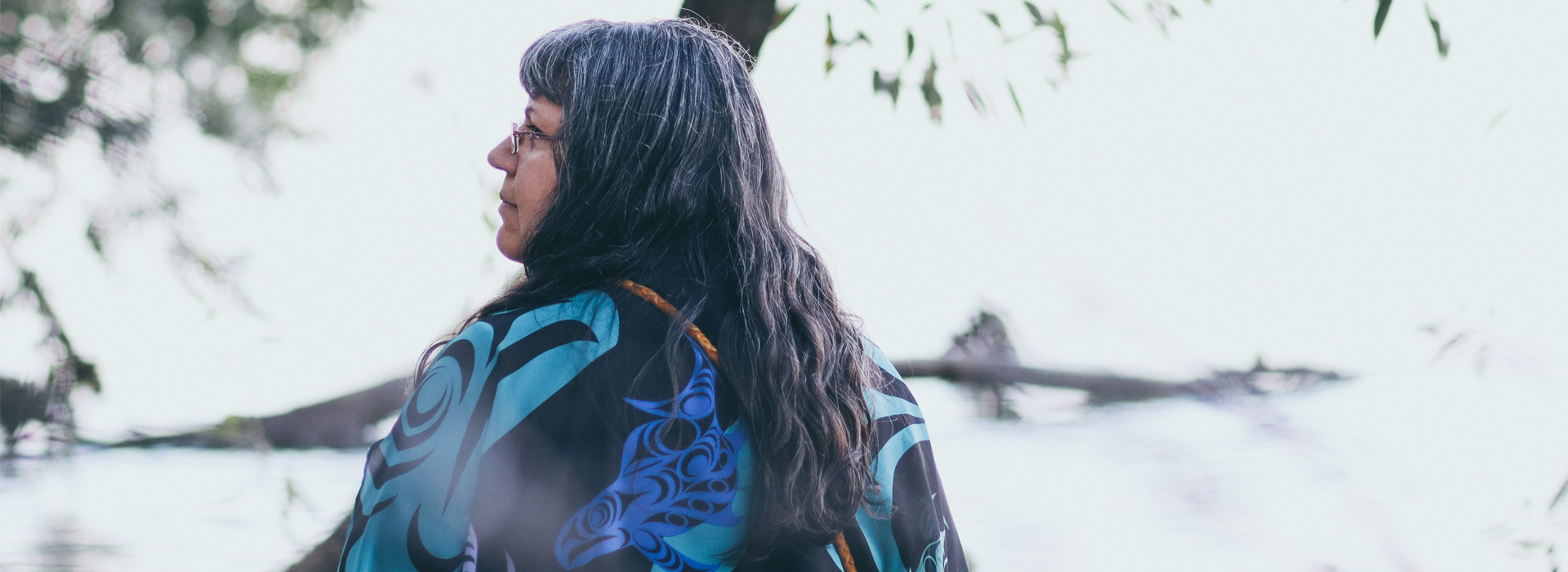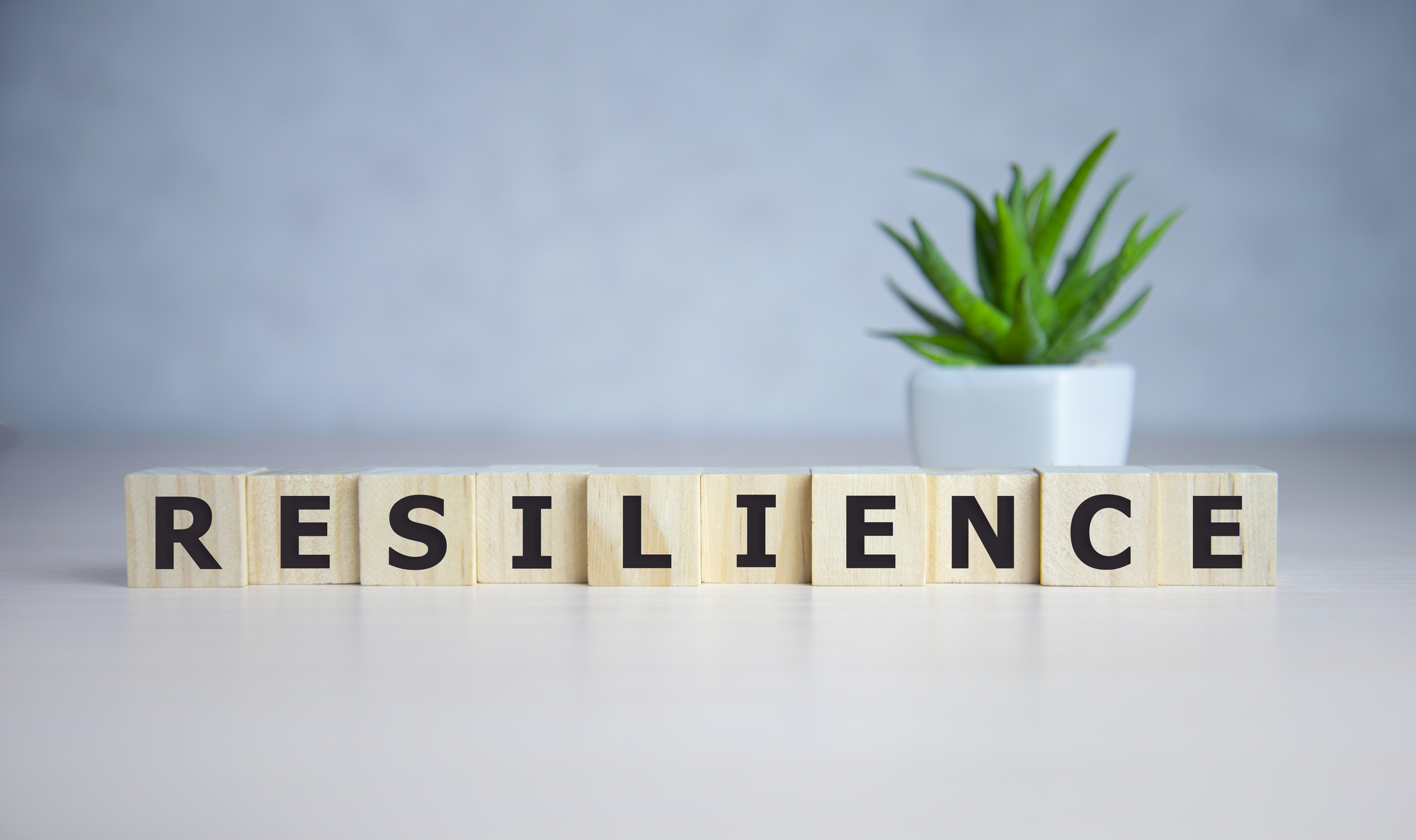One of the buzzwords about our mental health during this time of exhaustion, confusion, frustration and sense of near hopelessness is “Resilience Fatigue.” I’m just glad our mental health is part of the conversation now.
How do you know if you have resilience fatigue?
I found 2 very different definitions of resilience fatigue:
Dr. Vaile Wright, clinical psychologist at the American Psychological Association, has defined it as “the feeling of exhaustion that comes from the effort to cope and manage prolonged stress over a long period of time.”
Alex Janin writes in the Wall Street Journal that “The phenomenon is called resilience fatigue, which is the exhaustion that comes after a prolonged period of having to stay motivated or positive.”
How are these definitions of resilience fatigue different and why does it matter?
Coping and managing your stress, as Dr. Vaile Wright says, is something we can all attempt. We each have varying degrees of success and use methods that could be healthy or unhealthy.
If your biggest coping mechanism is a drug addiction, for example, that’s going to make things worse.
If you’re coping and managing your stress in healthy ways, like creative projects, getting fresh air or having healthy social time with well-maintained boundaries, then all the power to you. But of course it’s still not easy to keep managing your stress for such a long time and in such an unprecedented situation.
Our 2nd definition is a huge problem… because it’s what we have been trained to do ever since we were babies: feeling pressured to stay motivated or positive all the time.
Along comes social media, where we are walking billboards, advertising ourselves in the best light possible. We can’t see each other physically as much, so most of us are on social media and Zoom connecting with the friends and family we can’t visit.
Nothing wrong with a little connection, right? Depends on the quality of that connection…
Our main mode of communication since 2020 has been social media, where everyone seems to be having a life much more awesome than yours.
It’s like the Wizard of Oz hiding behind the curtain, except we’re ALL wizards. We can magically give ourselves and our lives a makeover, or just do the social media equivalent of “How are you? I’m fine.”
I stopped saying “I’m fine” ages ago. What is “fine” anyway, other than an attempt to keep your distance and avoid a real conversation and connection?
We almost can’t stop ourselves because we have been taught that if someone is crying or freaking out, “something is wrong” with them and we should attempt to “make them feel better” (or awkwardly try to leave).
True empathy and connection require us to be with someone and their feelings without trying to fix them.
HERE’S WHAT I WANT YOU TO GET:
Stop trying to be “fine” and just be YOU, the best you know how. Breathe into your belly and connect with people – and with Spirit – from that place.
If you are feeling tender and like you want to cry, PLEASE CRY! There is so much stigma associated with just feeling our feelings, as if we don’t all have them. That only leads to uncried tears and unfelt pain that sit in your body waiting to be triggered.
What are we living with right now? Right. A ton of triggers.
BINGO! Wondering where all that divisiveness is coming from? Yes, we all have our own beliefs, but we also have our own coping mechanisms. I can almost guarantee you that the people who are taking their anger out on others have this definition of resilience fatigue and also through no fault of their own, they do not have resilience activated in their bodies.
This is why definition #2 is a huge problem. Most people are putting a ton of extra pressure on themselves to look like they’re having a great life and feeling “fine” or even better than fine when in reality, at this point, we’ve all had it up to here, as my dad used to say.
Resilience is not about being forced to stay motivated and positive. It’s about feeling ALL the feels and allowing yourself to fall apart sometimes.
2 year olds have no problem feeling their feelings, and minutes after a tantrum, off they go with friends, laughing and smiling. That’s because they got that emotion out of their bodies instead of internalizing it and letting it fester. We can learn from our children.
When we don’t feel our emotions, they don’t leave our bodies but instead turn into manifestations of resilience fatigue, like exhaustion, lashing out at others or like Dr. Vaile Wright says, muscle tension, teeth grating, hopelessness, and worse, loss of empathy, which is critical right now.
WHAT TO DO ABOUT RESILIENCE FATIGUE:
First off, I want to say, none of this is easy. If you need support, please get it.
Recognize that resilience is not the problem. The real problem is colonial thinking and acting as if we are “fine” when our world is crumbling. Resilience is one thing you cannot fake until you make it. That’s what causes resilience fatigue in the first place. Instead, we need to embody resilience, feel, and let things fall apart so we can pick up the pieces we want as we’re ready to.
BREATHE and embrace what you CAN control: your own personal actions and responses, and to some degree, your personal environment, perspective and beliefs.
Create real human connection rather than putting up a wall of “I’m fine.”
Improve your eating and sleep the best you can. I know but it had to be said. What also has to be said in this era of Long COVID, ME/CFS and other chronic illnesses is to get to know your body and let your body lead you. Exercise is great for some folx but if you have an energy-limiting disease like Long COVID, or if you’ve recently had COVID-19, exercise might actually make things a whole lot worse. I’d quote a study here but there are tons of them you can search for this evidence-based information.
Let yourself grieve your losses, whether it’s family, a job, the way things were, or the way things could’ve been. That’s another training we’ve all been forced into: not letting ourselves grieve and instead “holding ourselves together.”
If you didn’t need help, you would be the only human on the planet.
Ask for help. I know this can be a big one. It took me over 30 years of my life before I could do it, but asking for help is how I got through losing my son to murder. Asking for help during this pandemic era has gifted me with beautiful friends and shown me the incredible generosity of neighbours, COVID-conscious folx and the Indigenous community.
Fact-Check and take a breath. With so much conflicting information, due diligence is required.
Cut back on the doom-scrolling and follow legitimate trusted information sources. I used to find all my evidence-based infectious disease information on Twitter. Now I use Bluesky.
Try something new. I call that tripping up the Universe because it will shift your perspective and bring you into fresh new energy.
Dance, sing, move, groove, meditate, journal, do something to help you FEEL and get out of your head and into your body.
This is why I teach embodied resilience, which involves actually feeling your emotions and allowing yourself to have moments of falling apart rather than denying your feelings, “holding yourself together” and pretending how great you’re doing.
Think about it. How much are you carrying from all the times you’ve had losses or other challenging times, but you didn’t let yourself truly feel? That emotional weight gets pretty heavy after a while even if you don’t know it’s there. It took me 15 years for the worst of the impact of my mom dying by suicide to release its hold on me. Grief takes as long as it takes but if it’s sitting in your body unfelt, it’s going to pop up when something triggers it.
When I finally came out of the shock and was able to feel all the messy feelings about losing my son, I created songs and my Picking Up the Pieces album for grief, and I developed tools and practiced human and spiritual connection to get me through the many press conferences and even the murder trial. Since then, I’ve also taken a couple of trauma trainings so I can teach and mentor from a trauma-informed perspective.
Now we use what I’ve learned as well as the healing music in my Picking Up the Pieces 13 Moon Program for women to reawaken to who we are, connect with each other and practice playful musical resilience embodiment techniques to get through this together.
If you need some personal guidance or mentoring, feel free to reach out. You can book a time to chat with me and explore options for trauma-informed, covid-informed mentoring here.
SOURCES:
The Wall Street Journal
Global News











0 Comments